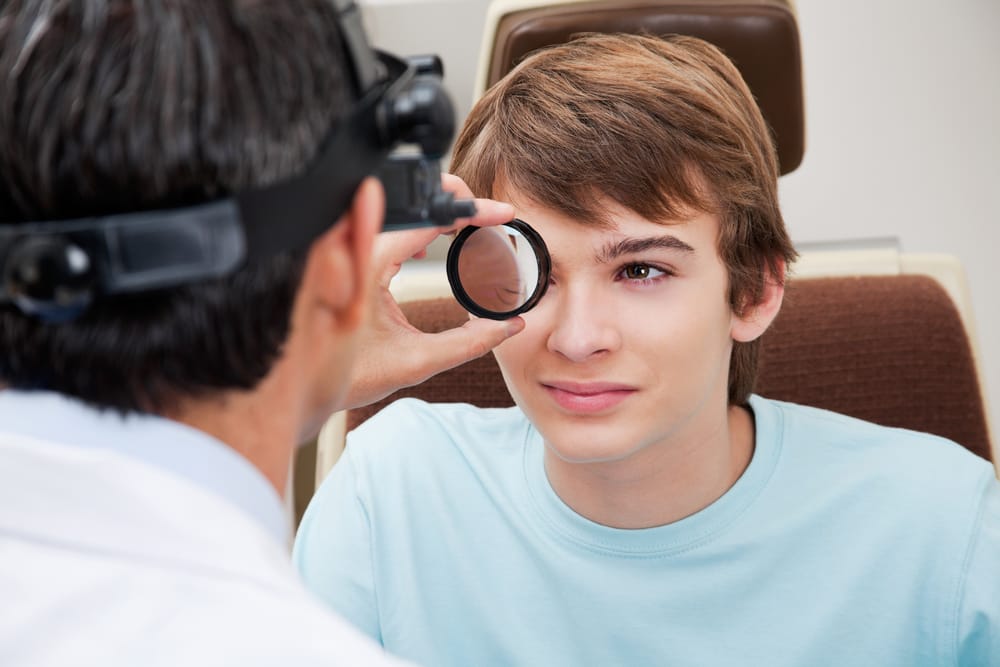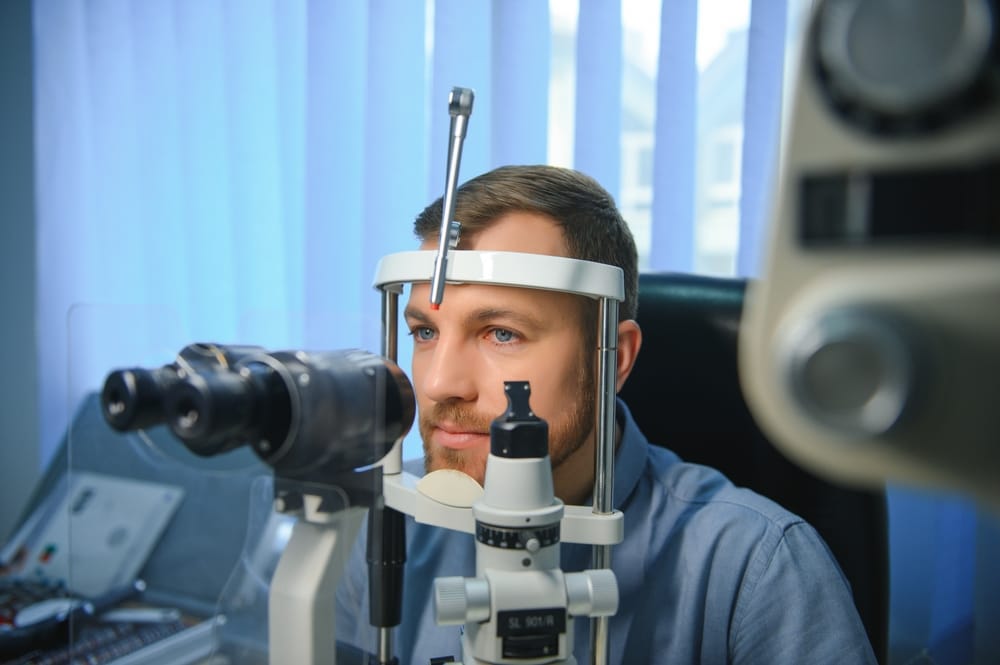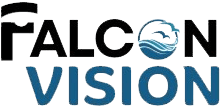Vision therapy is a personalized treatment program that strengthens the connection between your eyes and brain, improving visual function and performance. At Falcon Vision, Dr. Billy Mendoza specializes in creating customized vision therapy plans that address various visual challenges, from learning-related vision problems to sports vision enhancement. Our proven approach combines advanced techniques with dedicated professional guidance to help you achieve optimal visual performance.
Vision Therapy
Understanding Vision Therapy
Vision therapy goes beyond simple eye exercises – it’s a doctor-supervised program that develops and enhances fundamental visual skills and abilities. Like physical therapy for your visual system, this non-invasive treatment strengthens neural pathways between your eyes and brain. Through progressive exercises and activities, vision therapy helps overcome visual challenges that may impact daily activities, learning, and overall quality of life.


Benefits of Vision Therapy
Our Vision Therapy Process
- Your First Visit and Assessment
- Your Personal Vision Plan
- Weekly Therapy Sessions
- Building Habits for Long-Term Success
- Progress Check-ins
Your First Visit and Assessment
During your first visit to Falcon Vision, Dr. Mendoza conducts a comprehensive evaluation of your visual skills and functions. This detailed assessment helps identify specific areas needing improvement and allows us to create a personalized treatment plan. We discuss your goals, concerns, and expectations to ensure our approach aligns with your needs.
Your Personal Vision Plan
Based on your evaluation results, we develop a tailored vision therapy program that addresses your specific visual challenges. Our treatment plans incorporate various exercises and activities designed to strengthen particular visual skills. We explain each component of your program and set realistic goals for improvement.
Weekly Therapy Sessions
Your vision therapy sessions combine in-office treatments with home exercises for optimal results. Each session builds upon previous progress, gradually increasing in complexity as your visual skills improve. We use state-of-the-art equipment and proven techniques to ensure effective treatment outcomes.
Building Habits for Long-Term Success
We provide detailed instructions for maintaining your improved visual skills after completing the program. This includes specific exercises you can continue at home and recommendations for visual hygiene. Regular check-ups help ensure your progress remains stable and identify any need for additional support.
Progress Check-ins
Regular progress evaluations help us track your improvement and adjust your treatment plan as needed. We document your advancement through various measurements and assessments, ensuring you’re meeting established goals. Our team remains available to address any questions or concerns throughout your therapy program.

Why Choose Us for Vision Therapy
At Falcon Vision, we specialize in evidence-based vision therapy programs backed by measurable results. Dr. Mendoza brings advanced training in developmental vision care and neuroplasticity to every treatment plan. We maintain a low patient-to-doctor ratio, ensuring you receive focused attention during each session. Our office features specialized diagnostic equipment and therapy tools that allow us to treat complex visual conditions effectively. Many of our patients see significant improvements in their daily activities, from reduced eye strain to better reading comprehension and increased confidence in sports.

Transform Your Visual Skills with Expert Care
Don’t let visual challenges hold you back from achieving your full potential. Dr. Billy Mendoza at Falcon Vision will help you develop the visual skills you need for success at school, work, and play. Whether you’re struggling with reading, experiencing frequent headaches, or wanting to enhance your sports performance, we’re here to help. Call 775-322-3777 to schedule your personalized vision evaluation.

FAQs
What is vision therapy?
Vision therapy is a customized program of exercises and activities that improve visual skills and processing abilities. It works by training the eyes and brain to work together more effectively, similar to physical therapy for the visual system. This doctor-supervised treatment helps develop or enhance fundamental visual skills and abilities, treating various visual conditions that affect daily activities.
Is vision therapy a hoax?
Vision therapy is a scientifically-proven treatment method supported by decades of clinical research and success stories. Numerous peer-reviewed studies demonstrate its effectiveness in treating various visual conditions, particularly those affecting learning and development. The American Optometric Association and other professional organizations recognize vision therapy as a valid and effective treatment option.
Is vision therapy covered by insurance?
Vision therapy coverage varies depending on your insurance plan and the specific condition being treated. Some medical insurance plans cover vision therapy, especially when treating diagnosed medical conditions affecting vision. We recommend checking with your insurance provider about coverage details and will help you understand your benefits and payment options.
Does vision therapy work?
Vision therapy has demonstrated significant success rates for various visual conditions when followed as prescribed. Research shows particularly positive outcomes for conditions like convergence insufficiency, strabismus, and visual processing disorders. Success depends on factors including the specific condition, patient compliance with the program, and consistency in completing prescribed exercises.
How long does vision therapy take?
The duration of vision therapy varies based on the condition being treated and individual progress. Most programs typically range from several months to a year, with weekly in-office sessions lasting 30-60 minutes. Noticeable improvements often begin within the first few weeks, though complete resolution of visual issues may take longer depending on severity and complexity.

